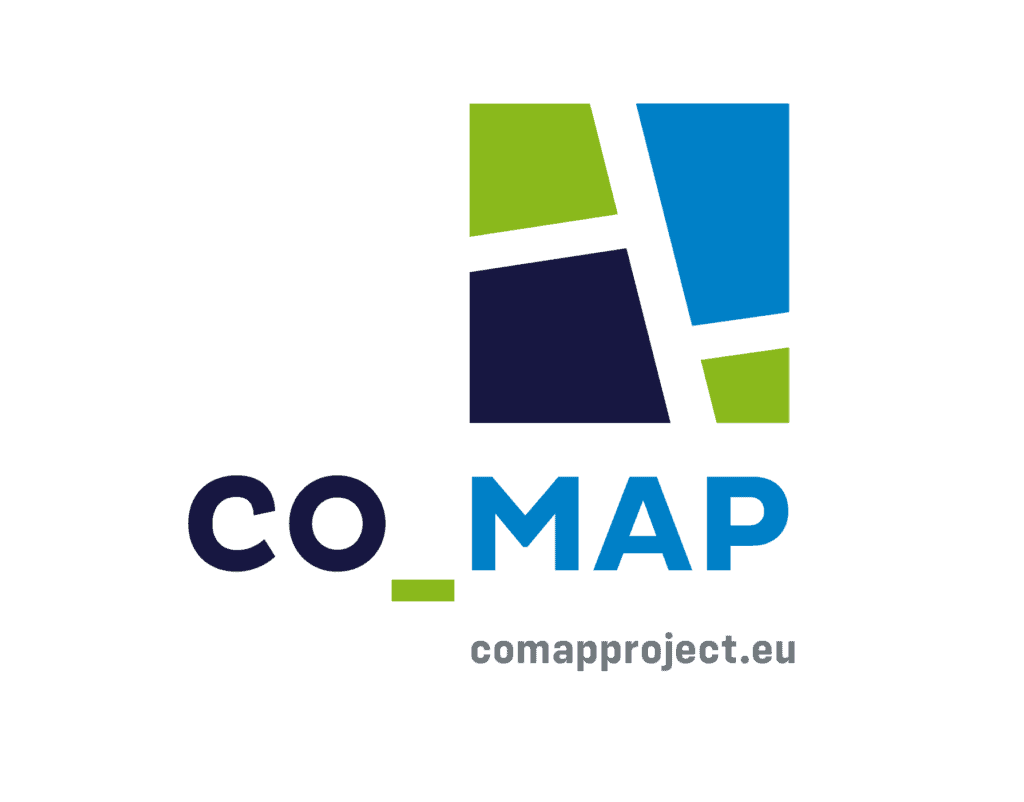The European Pillar of Social Rights has defined education as the first priority for equal opportunities and labour market access. The phrasing of this priority: “Everyone has the right to quality and inclusive education, training and life-long learning to maintain and acquire skills that enable them to participate fully in society and manage successful transitions to the labour market” (Principle 1) indicates that the European Union is committed to a holistic vision of education that puts skills, competences and knowledge at the centre. As such the main emphasis of all education policy effort in the EU has been inclusion. Covid-19 has created an unprecedented threat to this ambition illuminating existing inequalities and creating new vulnerabilities as communities struggle to cope with sudden, unprecedented changes to economic and social life.
UNESCO have identified wide-ranging, adverse educational, social, health and economic consequences for children, parents and teachers including ‘confusion and stress for teachers’, and the unpreparedness of parents for distance and home schooling (UNESCO, 2020, para. 2). The Co-MAP project responds to the urgent need to understand these impacts in relation to the most vulnerable young people, including refugees and newly arrived families, and to ensure that school leaders, teachers and parents are equipped to respond to their recovery needs.
Co-MAP will work with a social justice theory of education (Tikly 2011) that understands education practice as constituted through the complex interplay of policy, the school environment and family and wider community. The target groups for Co-MAP are young people aged 10-18, their parents and teachers.
Co-MAP talks to a common and urgent challenge shared by communities across the European Union where schools must play a generation defining role in securing fair and equal access to education for all young people in the midst of a global health crisis that threatens ‘business as usual’ participation in schooling.
Co-MAP opens up an important opportunity for sharing new, tacit, ‘knowledge-in-the-making’ as school communities feel their way through unprecedented scenarios to find what works best for inclusion in their local contexts. Working trans-nationally, inter-generationally and across private professional boundaries i.e. with all adults who support young people’s learning, parents, carers and teachers and with experimental arts-based methods that encourage ‘thinking outside the box’ Co-MAP maximises opportunities for new ways of thinking, problem solving and practicing to support young people at risk of exclusion to emerge.
Mutual learning from different approaches across Europe will provide a basis for developing better provision in all partner countries. This diversity guarantees that we can develop a programme appropriate for national contexts outside of the consortium too supporting up-scaling and sustainability.
The European Commission’s support for the production of this publication does not constitute an endorsement of the contents, which reflect the views only of the authors, and the Commission cannot be held responsible for any use which may be made of the information contained therein.

